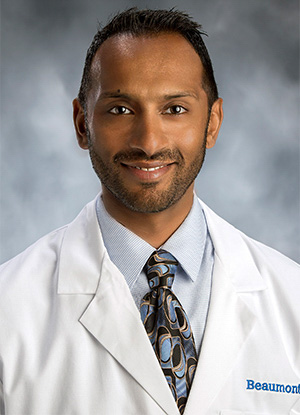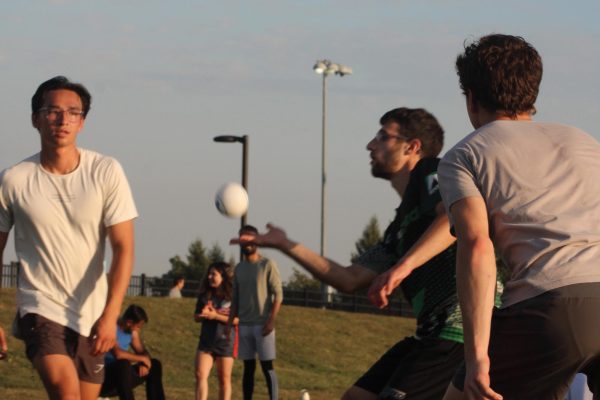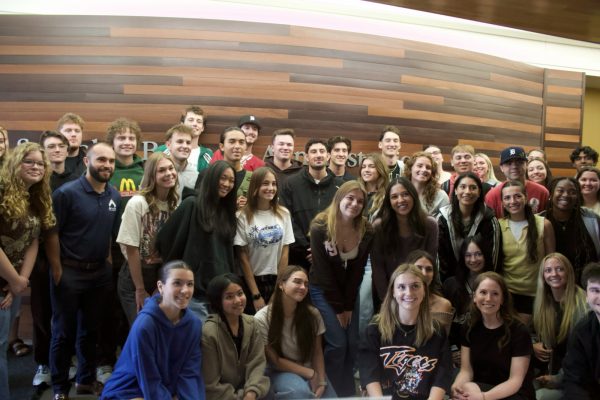Beaumont doctor receives $1.6 million grant for research

OUWB professor Prakash Chinnaiyan was awarded a $1.6 million grant from the National Institutes of Health.
A $1.6 million grant has recently been awarded to study an aggressive form of brain cancer.
Dr. Prakash Chinnaiyan, M.D., is a physician scientist in the Beaumont Health department of radiation oncology and a professor at the Oakland University William Beaumont School of Medicine (OUWB).
He is also the principal investigator of a study looking at glioblastoma, a fast-growing, therapy resistant form of brain cancer.
“The long-term survival is limited,” Chinnaiyan said. “A majority of the patients unfortunately succumb to disease progression within two years of diagnosis.”
According to Chinnaiyan, his laboratory focuses on metabolic reprogramming in tumors, rather than on the individual genes. By looking at the metabolism, they can learn how the cancer utilizes metabolites, the end product of metabolism, and nutrients to build DNA and RNA and maintain their cellular functions.
Currently, one of the only treatment options for glioblastoma is surgery to remove a bulk of the tumor, if possible, and undergoing radiation and chemotherapy. This has been the standard treatment for quite a while, since all other therapies have proven to be relatively ineffective.
The main reason it has been ineffective is due to how infiltrative the cancer is. Though parts of the tumor can be removed, the cancer cells invade the normal cells in the surrounding area, making it difficult to treat.
This current study is built off of a decade’s worth of work, all in the hopes to find a new method of treatment for this aggressive cancer.
“It’s potentially a more effective therapy where more patients are surviving longer and having a better quality of life,” Chinnaiyan said. “If we can improve the percentage of patients having two, three, four year survival, that would be considered a success.”
The study consists of various projects, including ongoing research looking at the metabolic relationship between the amino acids and the cancer, as well as how diet modifications can short-circuit the metabolism of these tumors.
This specific project, which has received the grant, is looking at how the tumors are using and are dependent upon the fatty acids found naturally in the human body in order to grow.
According to Chinnaiyan, what makes the tumors unique is the heterogeneity within an individual tumor, meaning certain regions of the tumor have low blood supply and therefore low nutrients.
“They don’t have the regular nutrients, and so fatty acids are one of the ways that these tumors can sort of adapt to the unique microenvironment,” he said.
The $1.6 million grant was awarded by the National Institute Health (NIH) and is one of the higher-level grants awarded by the NIH.
According to Chinnaiyan, the success rate for grants of this caliber to be accepted is low, with only around 10% of applications getting funded.
“Most of the grants are really built off of several years of preliminary data to support the findings,” he said. “The grant itself is peer reviewed at the NIH by experts in the field and it’s sort of ranked accordingly.”
Looking forward, Chinnaiyan’s lab will continue to conduct research toward this ongoing study to find new ways of treating glioblastoma.






Patricia Buckelew • Feb 20, 2020 at 2:17 PM
I have read that this type of brain cancer is rare. If so, how is it possible for me to lose two unrelated people (that were close to me) to Glioma, both on the right side of their brain?